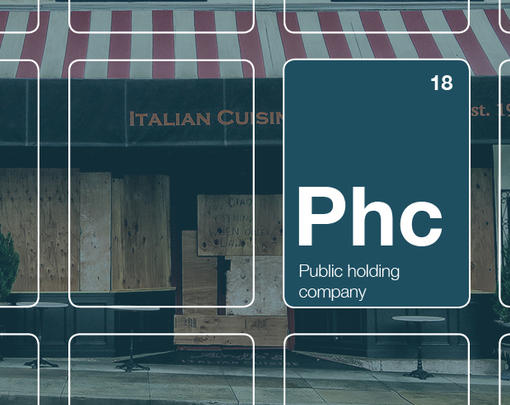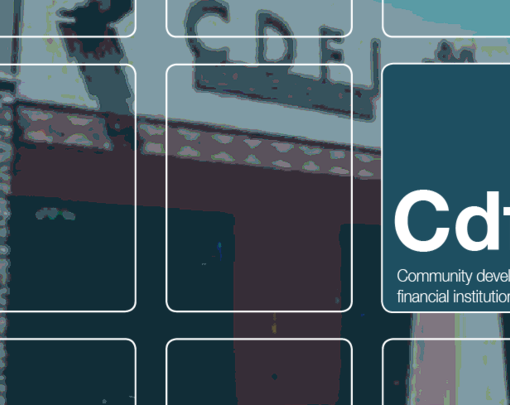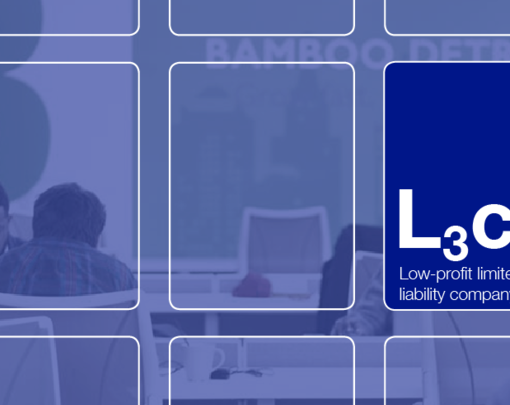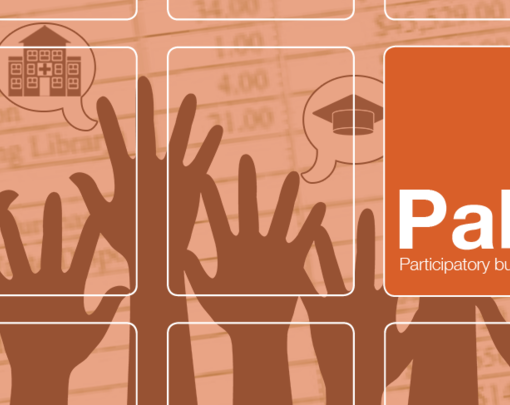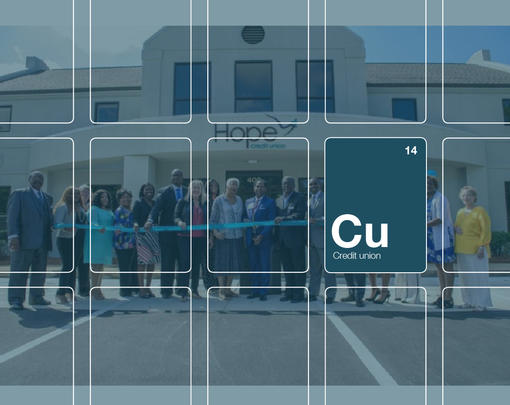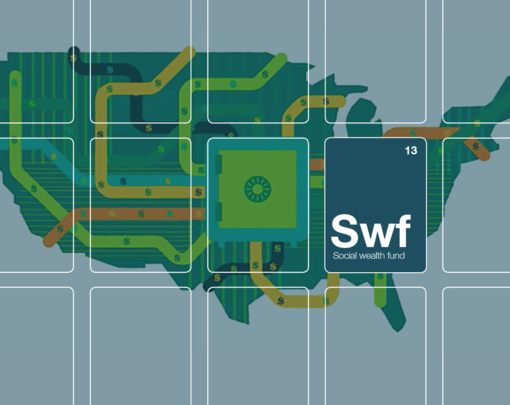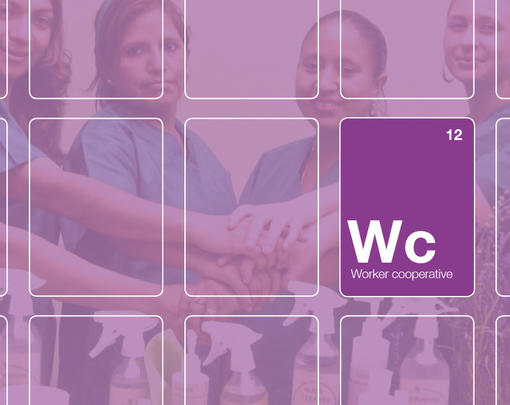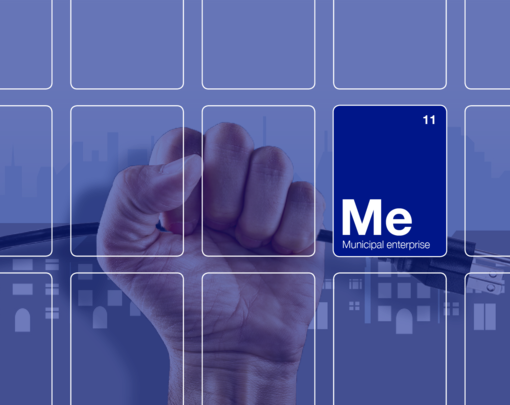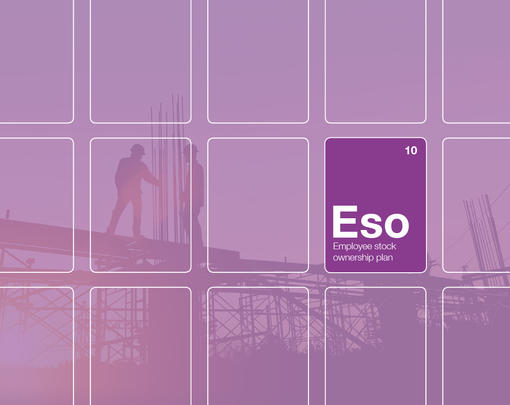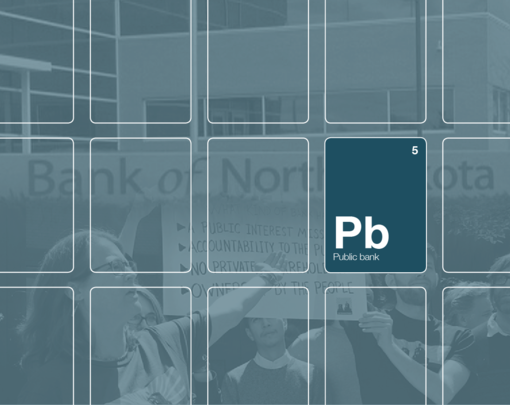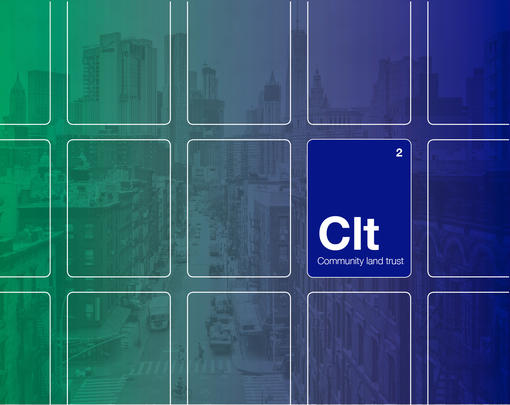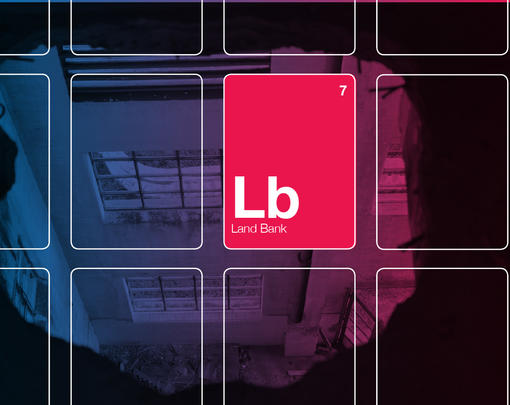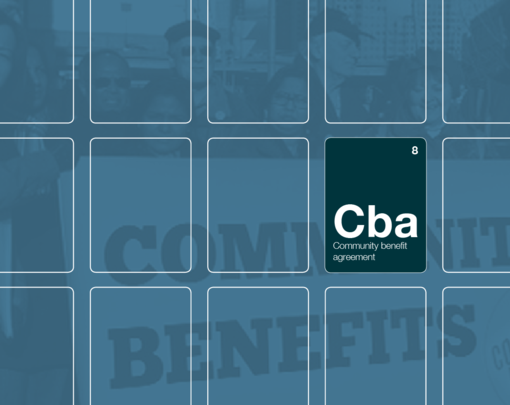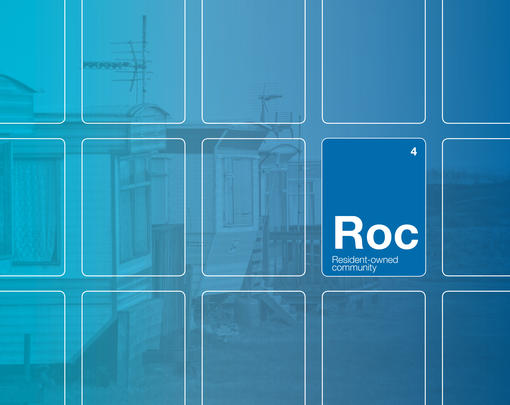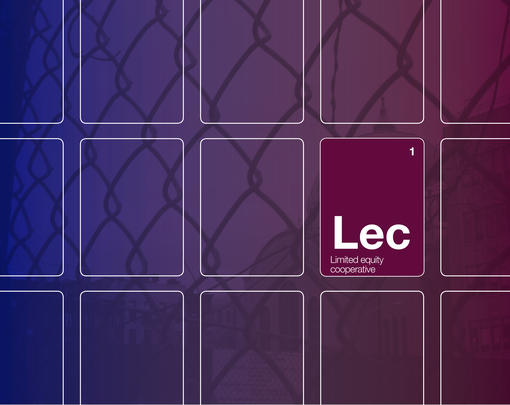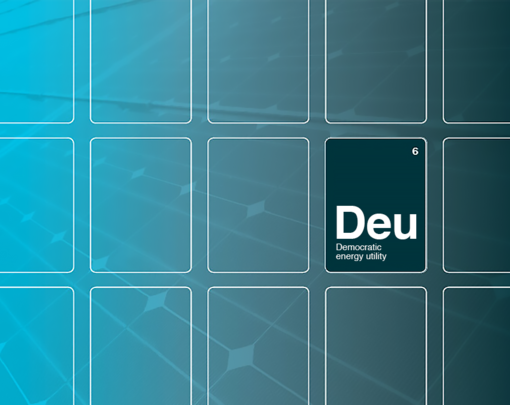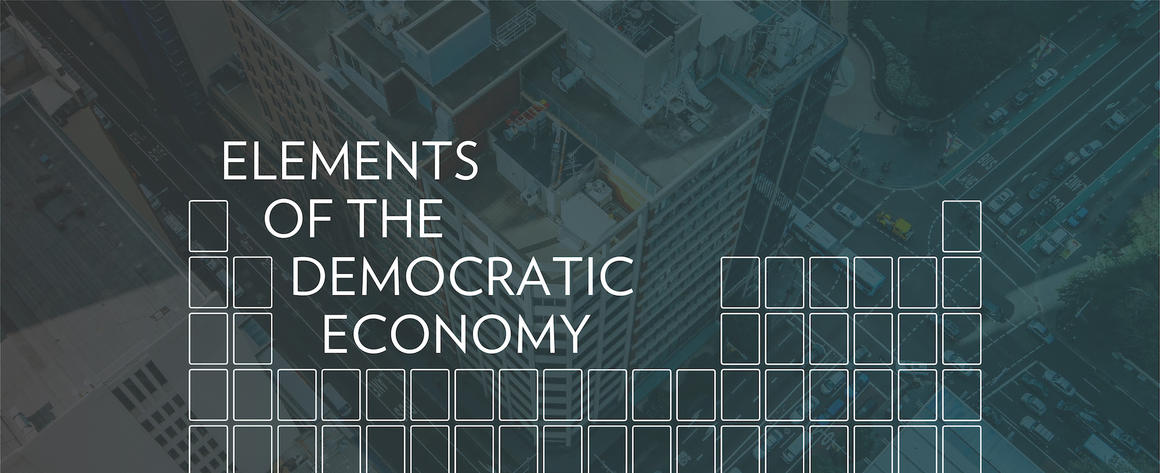
- Elements of the democratic economy
Elements of the democratic economy
Traditional policies and approaches are demonstrably failing to alter deteriorating long-run trends on income inequality, concentrated wealth, community divestment and displacement, persistent place- and race-based poverty, and environmental destruction. As a consequence, we have witnessed in recent years an explosion of interest in and practical experimentation with a variety of alternative economic institutions and models of ownership—from worker cooperatives and community land trusts to public banking and community development financial institutions—that are capable of fundamentally altering patterns of ownership and producing dramatically better distributional and other outcomes as a matter of course. New hybrid forms are emerging, as well as ideas as to how innovative combinations might produce still more powerful results. Taken as a whole, these institutions and approaches form the mosaic of a new democratic economy in the making, suggesting the contours of a next system beyond corporate capitalism and some pathways for getting there.
Elements of the democratic economy distills this landscape of theoretical exploration and real-world practice into concise summaries describing each of the institutions involved, assessing their transformative characteristics and potential impact, and providing on-the-ground examples and a sense of the challenges yet to be overcome. The series is intended as an entry point for all those looking to understand the various building blocks of the democratic economy currently being constructed from the ground up in communities across our nation and around the world.
We will be releasing more entries in this series on an ongoing basis—make sure to follow us on Twitter, like us on Facebook, and/or subscribe to our newsletter to keep up with the latest Elements!


